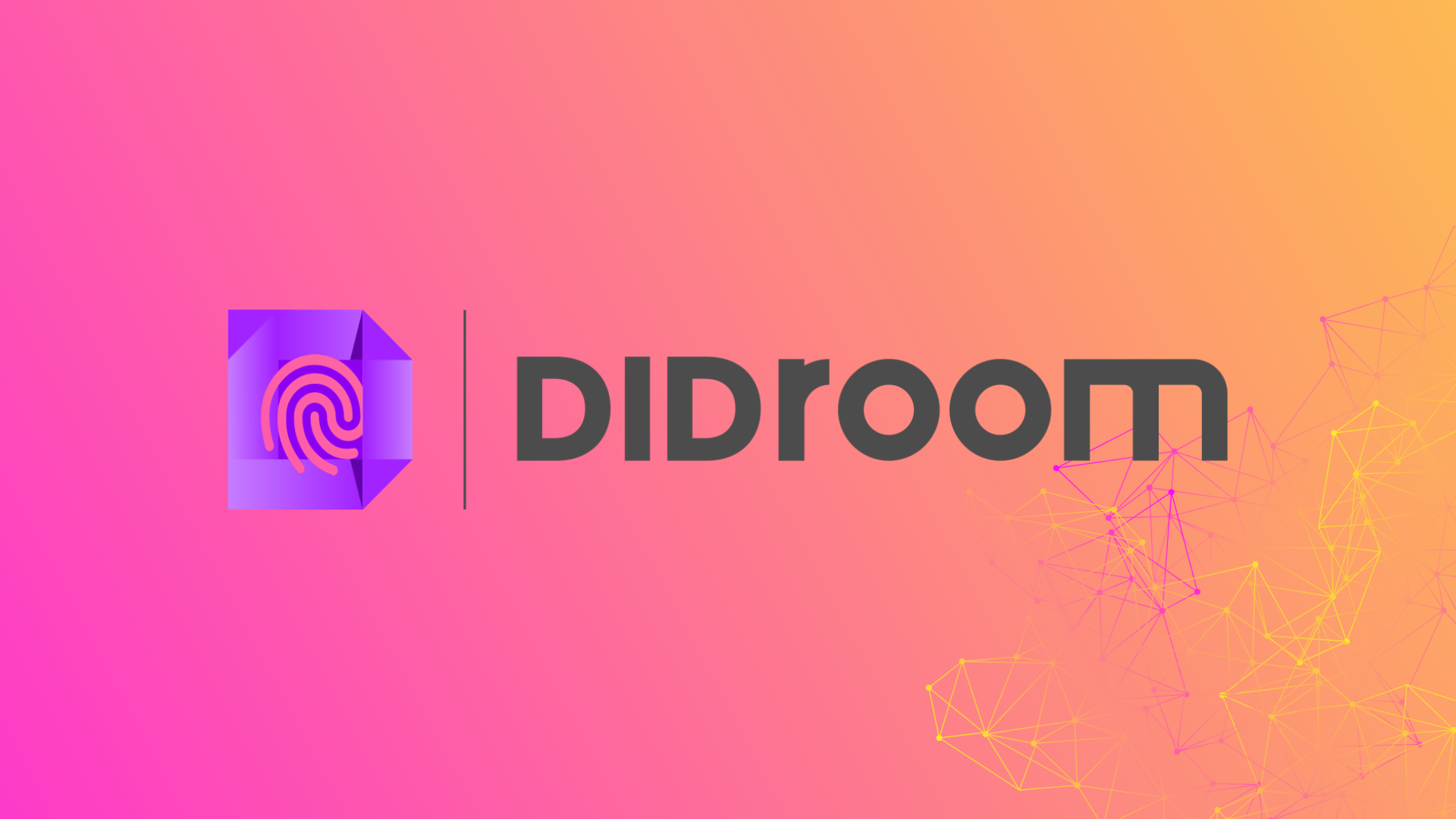DiDRoom is an open-source multiplatform and multifunctional Identity DID/SSI wallet, compliant with the W3C-DID and W3C-VC standards and with the current “The European Digital Identity Wallet Architecture and Reference Framework” (EUDI – ARF, version 1.0.0 from January 2023) which is the technical core of the eIDAS 2.0 regulation. DidRoom will also have advanced cryptographic and blockchain functions, including signatures, multi-signatures and blockchain interoperability (for Ethereum, Hyperledger Fabric and Sawtooth, and Planetmint). DIDRoom is presented by Forkomb.
Can you briefly present your team?
Forkbomb is a spin-off of the Dyne.org foundation. We’re about 15 people, our core competence is cryptography we developed open source software in the identity, digital product passport and interoperability areas.
How did you come up with this project idea and what benefits will it bring to the end users?
We’ve been working with digital identities for a while, we worked with components within the W3C-DID and W3C-VC standard, now we finally have a full identity solution. The users will be able to use an open-source solution, designed to allow broad interoperability between different suppliers.
How is TrustChain supporting your growth and what role does it play for the next steps in your development?
Trustchain is helping by growing our network and getting in touch with stakholders and new parthers.
Why did you apply to the TrustChain call and has your vision changed since then?
Why applied cause we saw a good match between our project and the goals of Trustchain. Our vision hasn’t changed, our goal in development has sharpened since we wrote the application, as it was to be expected since we got more knowledge in the field, which also grew very rapidly in the last 12 months.
What is the most valuable takeout from the TrustChain project and why was the topic of the Open Call important to you/your team?
The topic was spot on with the direction we are taking: interoperable digital identities. The most valuable take out is the networking with talented developers addressing similar challenges.
Did you establish collaboration with any of the TrustChain teams or plan for any kind of synergies? If yes, what is the biggest potential in such collaborations?
Yes we did: we collaborated with the Danubetech team by contributing a DID driver in their application and we’re in touch with several other teams to plug our identity components into their solutions.
What are your expectations regarding the TrustChain software ecosystem and its contribution to the NGI priority areas?
It seems to us that Trustchain’s five open calls, due to their specific topics and targets and the interconnection and sequentiality between the OCs, have a solid chance to build a resilient and interoperable software ecosystem
What are the next steps for your team?
Bringing our solution to market, while onboarding our existing partners (EU member states eIDAS 2.0 wallet developers) on it.
What is the message you would give to new and potential applicants to TrustChain Open Calls?
Use your best ideas to write your best application, focusing on the match between the OC goals and your long term strategy!

